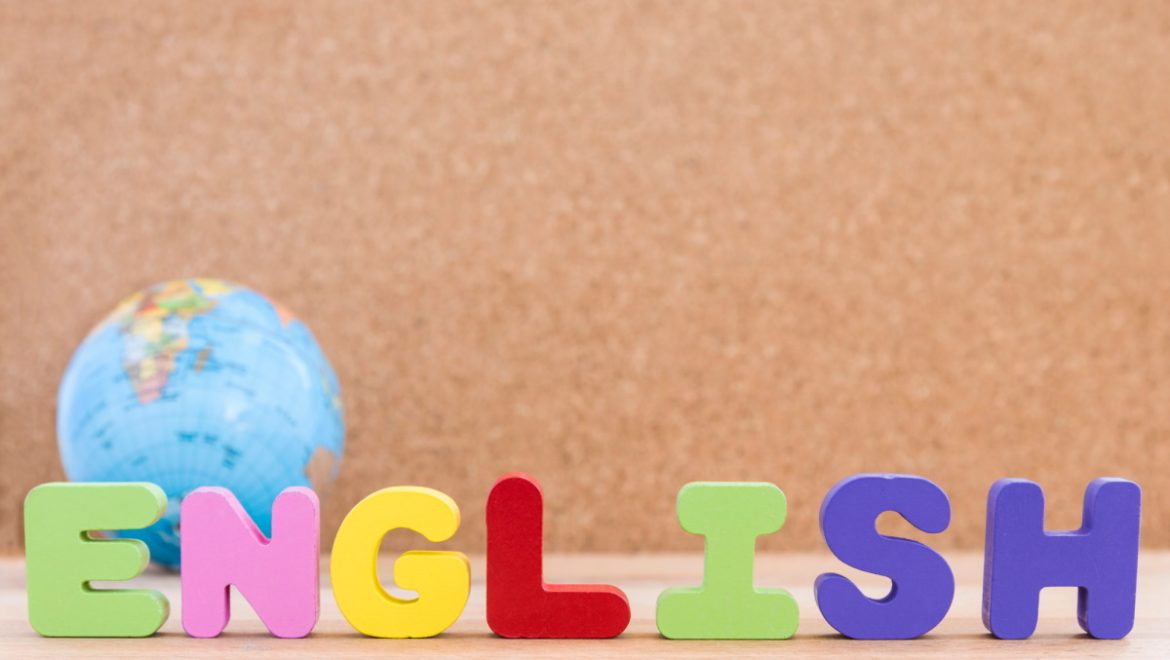What is the best age to learn a new language? Is it too early to learn a foreign language? Or is it already too late?
It is widely accepted that the younger you are, the easier it is to learn a new language. The reason has to do with the way we learn language as children and the way our brains change as we grow.
It is believed that babies can hear all the consonants and vowels that make up different languages. Within the first few years they learn to adapt to their immediate environment focusing on the sounds they hear more and adapting to that environment. As a result, other sounds tend to fade and become nothing but a distant memory and the more we are not exposed to them the harder it gets to use them in later life.
In childhood, our brains are designed to learn language naturally, as if by instinct. Just by listening, we understand how grammar works for the language we hear around us. Bilingual children can pick up grammar and vocabulary for both of the languages they hear, switching back and forth from one to the other with great ease.
Nevertheless, as we grow older, grammar stops being something we “just know” and becomes an intricate set of rules we have to learn to follow. Our ability to hear and replicate sounds that don’t occur in our native language also deteriorates over time and lack of exposure.
As most studies suggest there is a “critical period” for language learning. Although these studies have tried to determine when the “critical period” for language learning is over, they have produced different and varying results. It is widely expected though that the early exposure to a new language signifies better result in future formative learning.
Up until quite recently, studies indicated that around the age of 6 our natural ability to learn a new language decreases significantly and although starting a new language at any point in time is beneficial by all accounts, the ability to think in both languages and the fluency almost never reaches the stage of being bilingual or multilingual.
Although follow up studies have indicated that we actually lose our ability to acquire a new language by picking up grammar naturally later on in life (around the age of 18), it is still deemed crucial to start learning the new language by the age of 10.
Another recent study concluded that babies aged seven months to 3 years were able to learn English in addition to their main language with just one hour a day of play-based instruction. At such an early age, children don’t learn a language in the formal sense, but rather acquire it by simply being exposed to it.

